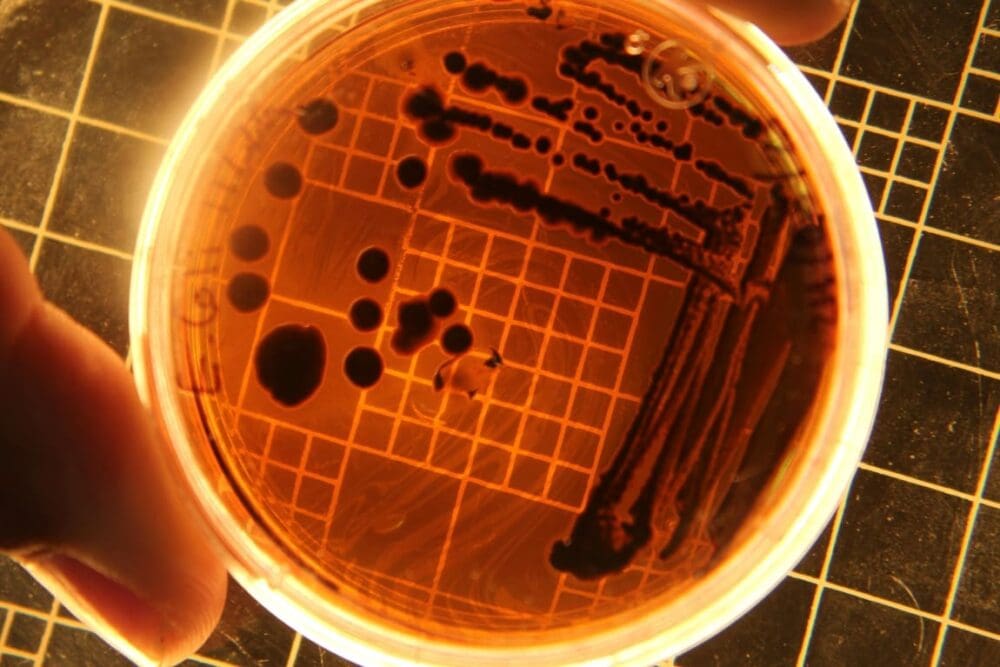Antibiotics in the uppermost water surface, known as the sea surface microlayer, can significantly affect the number of bacteria present and contribute to the adaptation of marine bacteria against widely used antibiotics. In new research presented at ASM Microbe, scientists directly assessed the potential effects of antibiotics on bacterial diversity in Jade Bay, Southern North Sea, Germany.
The researchers tested the susceptibility and resistance of marine bacteria to ofloxacin, clindamycin, clarithromycin, and novobiocin since these antibiotics were generally found in this coastal water. They observed that 70% of marine bacteria had developed resistance to ofloxacin, 95% to clindamycin, 58% to clarithromycin, and 100% to novobiocin, which had the highest concentration in the environment. These findings highlight the urgency of antibiotic resistance in marine bacteria.
The study found more bacteria in seawater samples collected from the sea surface microlayer than in the water below, even when different amounts of the antibiotic ciprofloxacin were added to the samples. When the level of ciprofloxacin increased, the number of bacteria in seawater samples decreased. However, over time, the bacteria in seawater samples started to grow when there were high levels of ciprofloxacin (50 and 100 ng mL-1), which shows that they were becoming resistant.
In the presence of a high level of ciprofloxacin, the team found 97 strains of bacteria distributed over fourteen bacterial genera. Fifty-seven of these bacterial strains can cause infections in humans, especially those with weakened immune systems, while forty are marine bacteria that cannot infect humans. The team also found antibiotics – including ofloxacin, clindamycin, clarithromycin, lincomycin, tylosin, novobiocin, erythromycin, trimethoprim, sulfamethoxazole, roxithromycin, and chloramphenicol – to be present in the seawater samples, particularly in those collected from the sea surface microlayer of Jade Bay. However, only a few were found in the water below.
“Our results emphasize the collective effort needed to reduce the potential ecological effects of introducing antibiotics into coastal waters because antibiotics may accumulate more in the sea surface microlayer, affect the bacteria diversity, and lead to the adaptation of marine bacteria to antibiotics,” said Adenike Adenaya, Doctoral Graduate at the Carl von Ossietzky University of Oldenburg.
More information: The American Society for Microbiology is one of the largest professional societies dedicated to the life sciences and is composed of 36,000 scientists and health practitioners. ASM Microbe is the annual meeting of the American Society for Microbiology, held June 13-17, 2024, in Atlanta, Georgia.
Article Source:
Press Release/Material by American Society for Microbiology
Featured image credit: Wassily Kandark | Pexels




